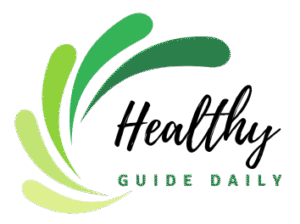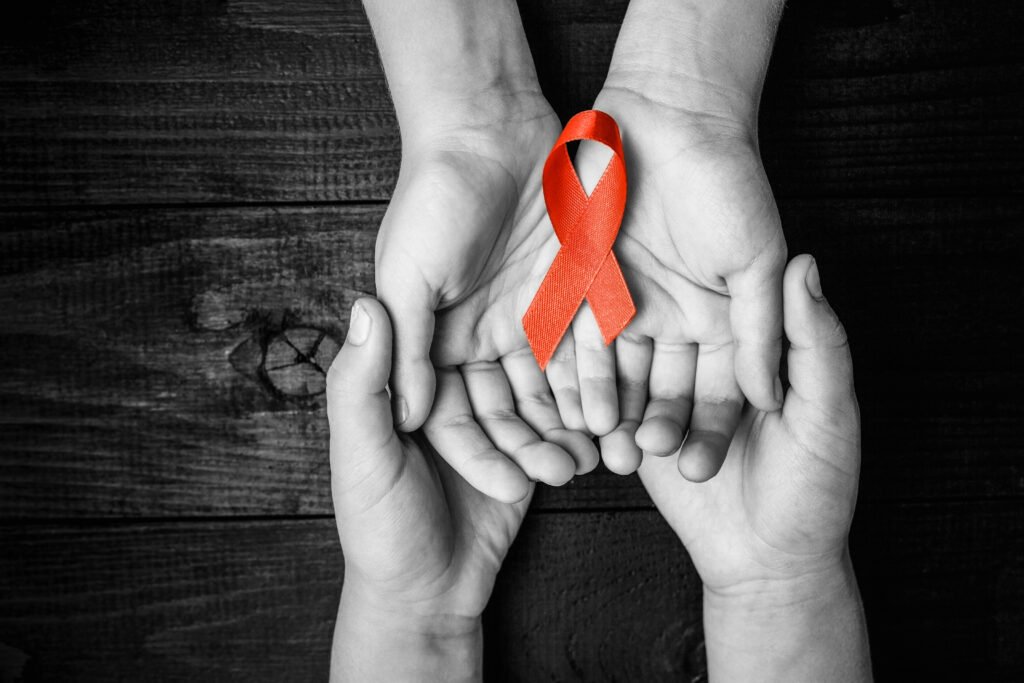A devastating HIV outbreak in Maine exposes how Seattle’s policies of encampment sweeps without real solutions threaten to spread public health disasters nationwide.
Story Snapshot
- Seattle’s cycle of homeless encampment sweeps displaces vulnerable populations without addressing root causes
- Closure of harm reduction programs coincides with increased disease transmission risks
- Over 31,000 homeless individuals in King County represent a 12.5% increase from previous year
- Public health experts warn that displacement without housing creates recurring health crises
Seattle’s Endless Sweep Cycle Fuels Health Crisis
King County’s staggering homelessness numbers expose decades of progressive mismanagement that has transformed once-thriving neighborhoods into public health hazards. With over 31,000 homeless individuals representing a 12.5% annual increase, Seattle’s policies have created an unsustainable crisis that burdens working families with safety concerns and skyrocketing costs. Property owners face liability issues while families worry about their children’s safety near playgrounds and parks overrun with drug activity and violence.
Watch: New report on Maine’s fight against homelessness shows some progress
Harm Reduction Programs Enable Drug Crisis
The closure of Seattle’s sterile-syringe programs coincided with increased health risks, but these “harm reduction” initiatives fundamentally enable destructive drug use rather than promoting recovery and rehabilitation. While public health experts claim such programs prevent disease transmission, they often perpetuate addiction cycles by normalizing illegal drug use instead of connecting people with treatment services. Conservative approaches emphasizing accountability, treatment, and law enforcement offer more sustainable solutions than programs that facilitate continued drug abuse in communities.
Public health advocates warning of disease outbreaks following program closures ignore the broader community impact of policies that treat drug addiction as acceptable behavior. These programs often concentrate dangerous activities in residential areas, exposing families to violence and health risks while undermining property values and quality of life. Real solutions require addressing the root causes of addiction through treatment, mental health services, and job training rather than enabling continued drug use with taxpayer-funded supplies.
An HIV Outbreak in Maine Shows the Risk of Trump’s Crackdown on Homelessness and Drug Use – KFF Health News https://t.co/RthZoZrCYh
— ForensicPsyMD (@ForensicPsyMD) September 16, 2025
Liberal Policies Threaten Constitutional Rights
Property owners face government pressure to accommodate encampments while being denied basic protections for their investments, effectively constituting a taking without compensation. Local families lose access to public spaces their tax dollars maintain, while law-abiding citizens face increased crime and health risks from policies that prioritize the rights of lawbreakers over taxpaying constituents.
The cycle of displacement without accountability reveals how progressive policies create dependency rather than independence, trapping vulnerable populations in dangerous situations. Conservative solutions emphasizing personal responsibility, treatment requirements, and law enforcement offer pathways to genuine recovery and community restoration. Seattle’s experience serves as a cautionary tale for other cities considering similar approaches that prioritize ideology over practical results and community safety.
Sources:
Homeless camp pushed out by fencing, but tents remain near Seattle’s Ballard Commons Park
Seattle clears homeless camp after double homicide, community demands action on safety
Seattle Sweeps RV Encampment, Allows RVs to Come Back in Endless Cycle
Addressing Homelessness – Encampments







